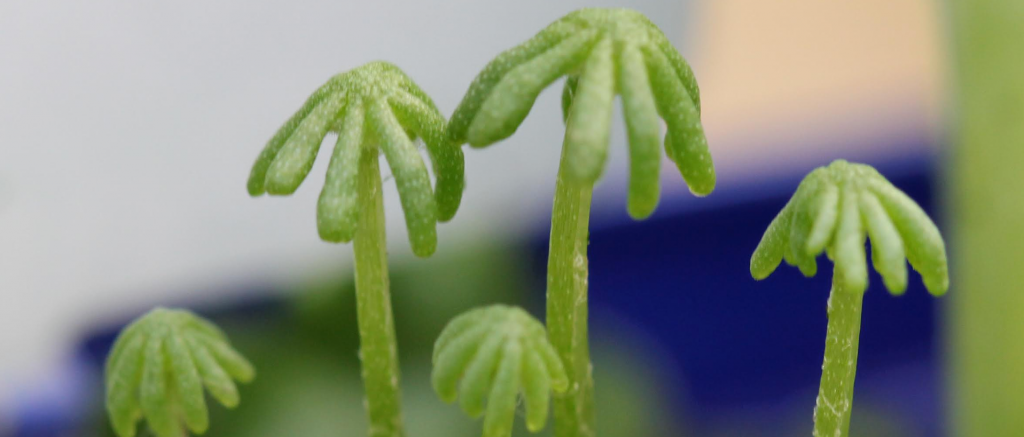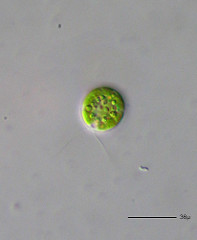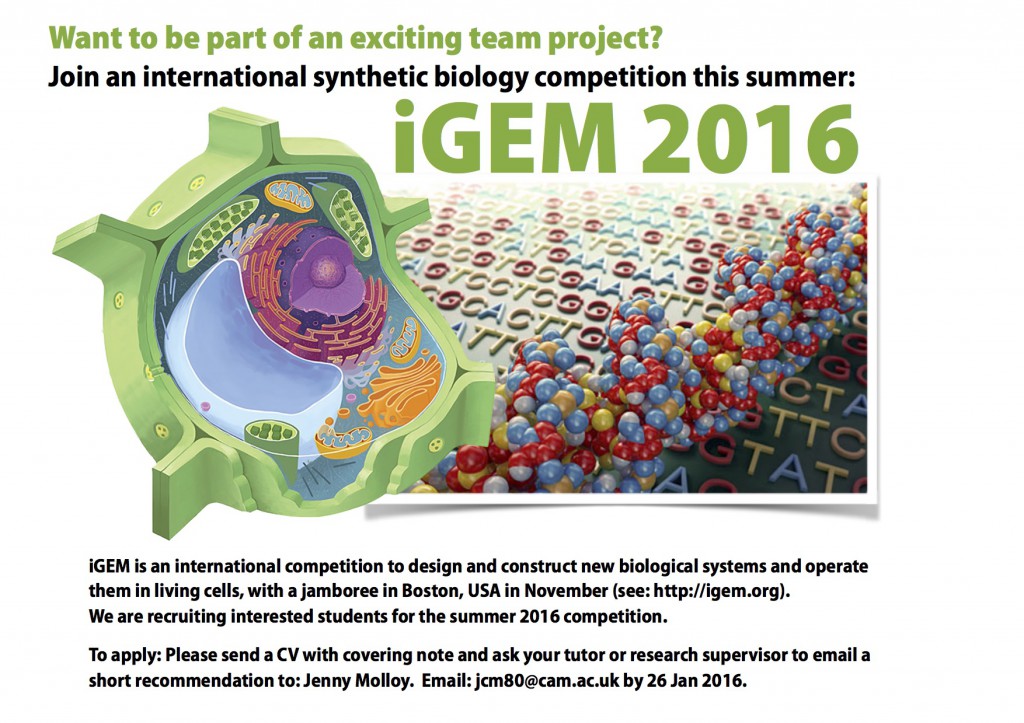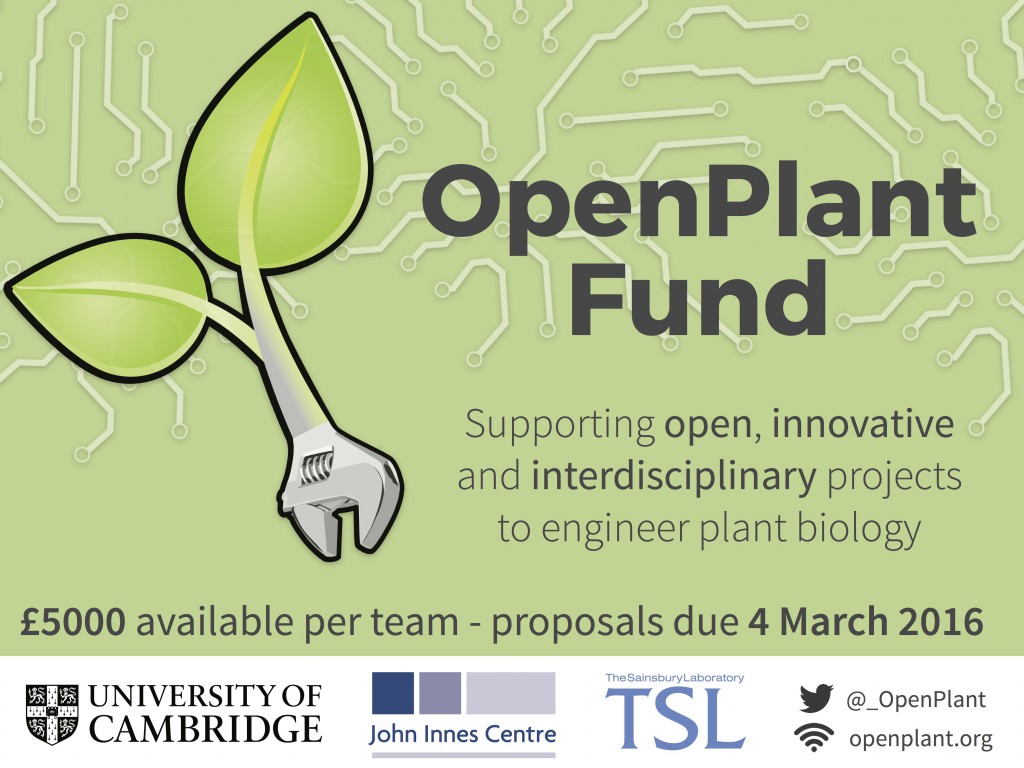A position is open for a Research Technician in the OpenPlant Laboratory in Cambridge, based in the Department of Plant Sciences at the University of Cambridge, under the direction of Prof. Jim Haseloff.
Work there will focus on the development of foundational technologies for engineering of the model plant Marchantia polymorpha. The newly renovated laboratory houses state of the art equipment for automated DNA assembly, genome editing, plant transformation, cytometry and high throughput microscopy.
The appointee will work closely to the OpenPlant Laboratory Manager and the successful candidate will be involved in: - Assisting in the maintenance of the lab and providing general laboratory support work. - Supporting plant transformation and tissue culture workflows in a high throughput environment. - Providing technical support for microbiological, molecular biology and microscopy experiments in a synthetic biology lab.
The successful candidate will have a background in molecular biology or synthetic biology, and demonstrate an ability to work independently. Experience with tissue culture procedures, plant work, synthetic biology techniques, microscopy, and laboratory management will be advantageous.
Fixed-term: The funds for this post are available until 2 September 2019 in the first instance.

![[Closes 24 Nov 2107] Apply now to the OpenPlant Fund!](https://images.squarespace-cdn.com/content/v1/54a6bdb7e4b08424e69c93a1/1509564315902-TUO4I6QRWI9TT8UGSIAJ/OpenPlantTwitter_400x400+%281%29.jpg)

![[Closes 7 Mar 2017] OpenPlant Research Associate (Haseloff Lab)](https://images.squarespace-cdn.com/content/v1/54a6bdb7e4b08424e69c93a1/1486552818859-FH76MCA8SMFU93WB85RX/OpenPlantTwitter_400x400.jpg)



 A new
A new 




